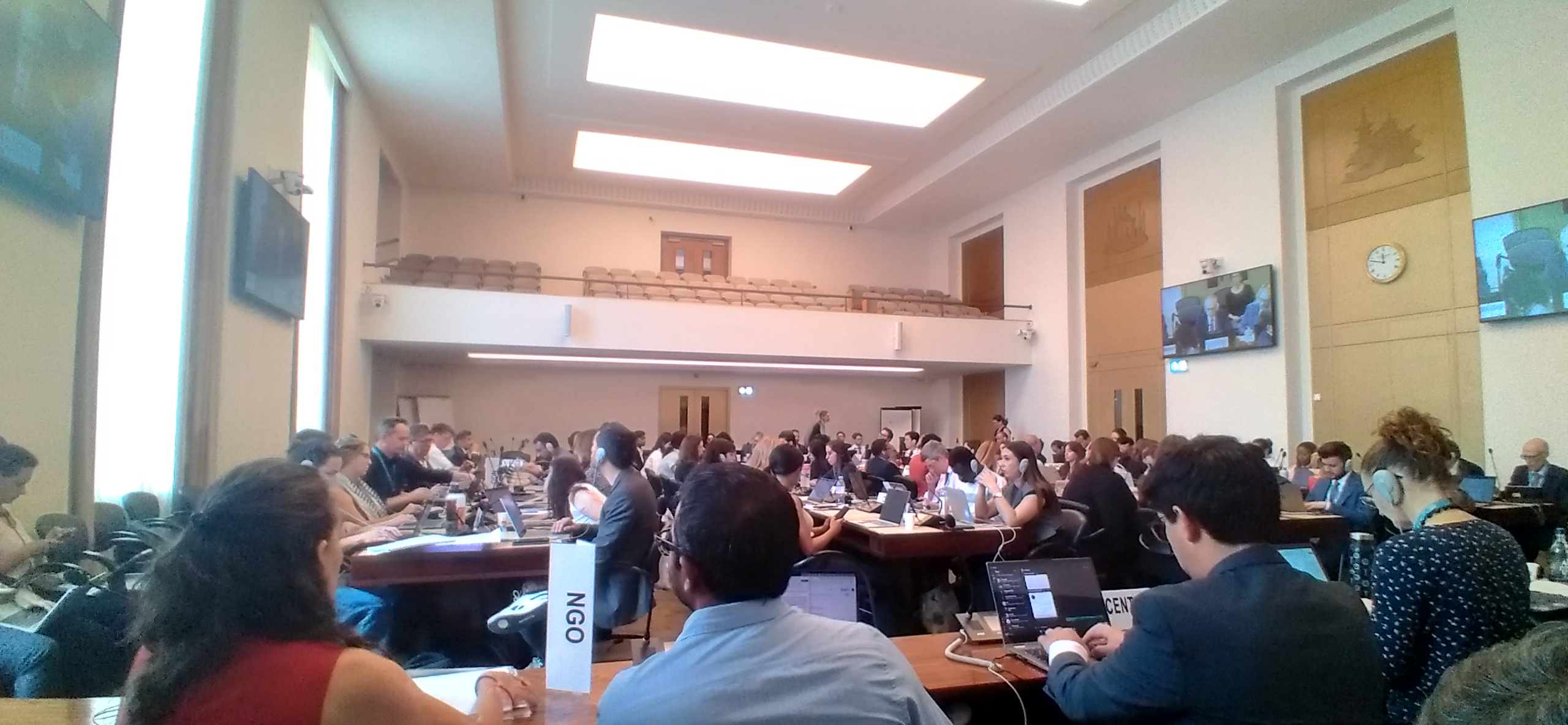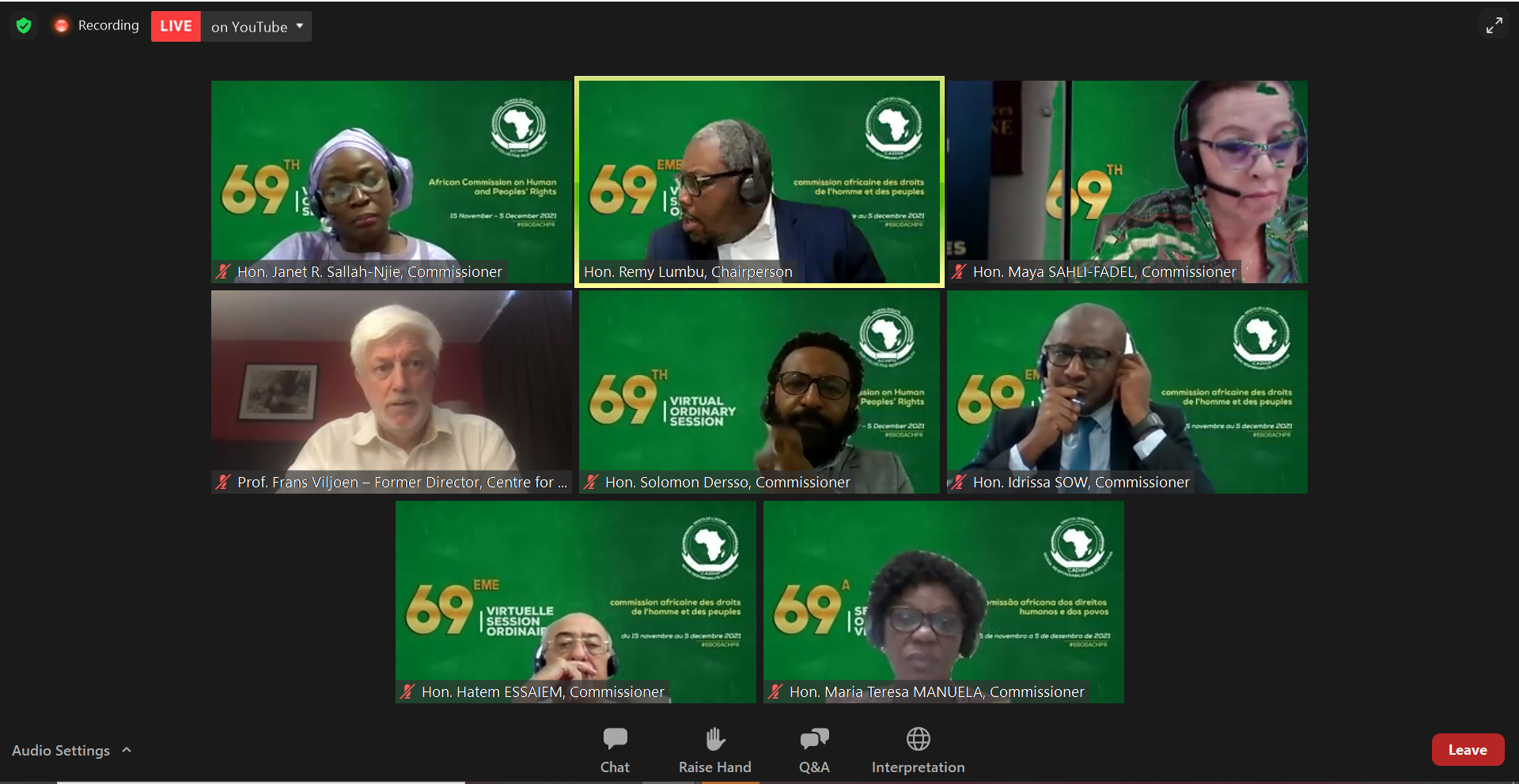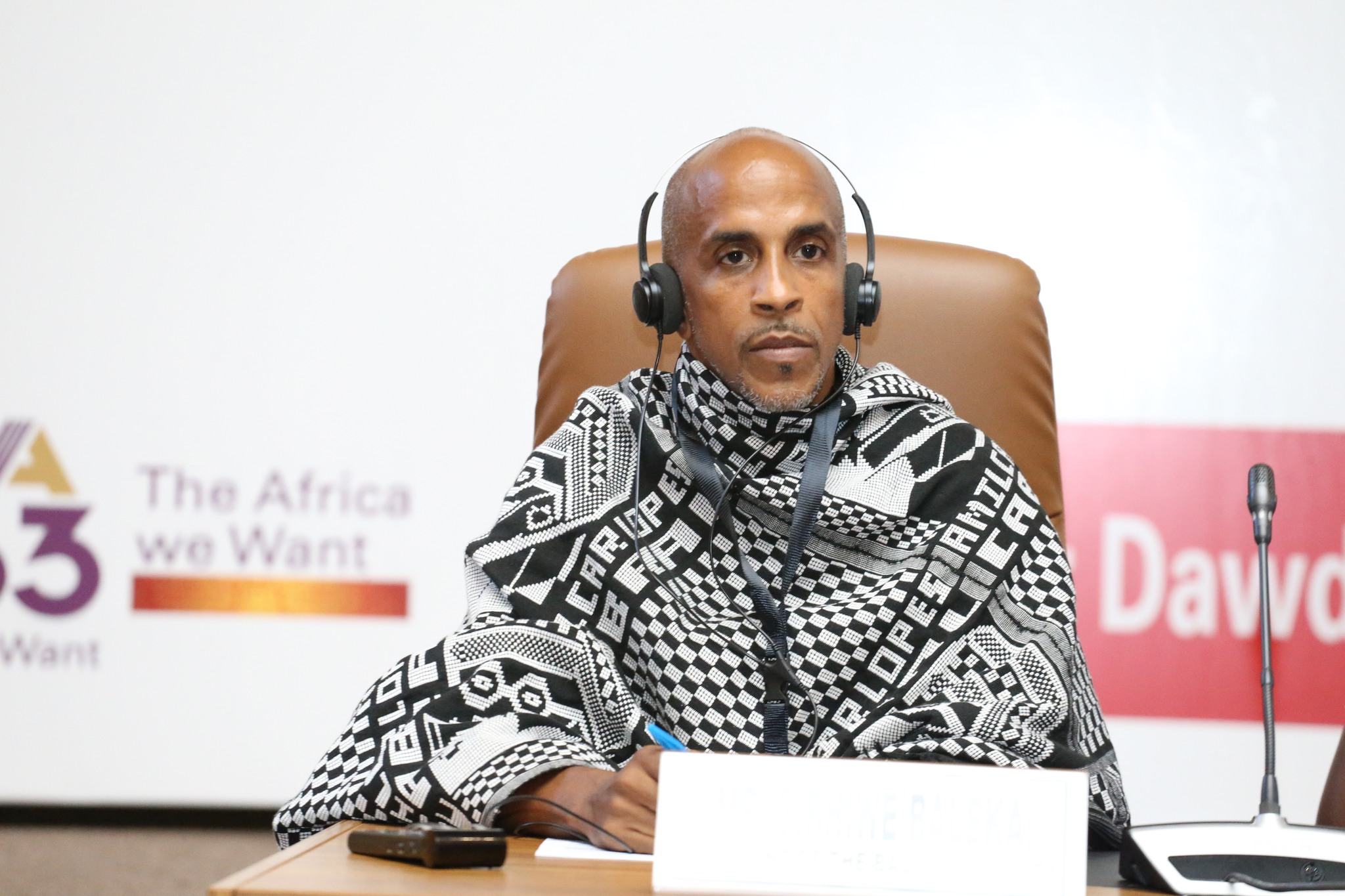On the occasion of the presentation of the WGEI activity report, ISHR and the Liberian Civil Society Oil Palm Working Group read a statement on the critical situation of human rights and environmental defenders in Liberia.
Indeed, the expansion of agribusiness in the country is increasingly undermining respect for the human rights of local farmers and those who oppose their operations. Demonstrations against the dramatic consequences of large-scale plantations are suppressed and defenders are subject to arbitrary arrest and detention. The complete lack of a legal framework surrounding the activities of such companies makes accountability virtually unattainable.
ISHR and the Liberian Civil Society Oil Palm Group therefore urged the WGEI to :
- Call upon the Government of Liberia to address the human rights and environmental harms in the agri-business sector by: a) taking action on the national action plan for business and human rights and b) ensuring the government implements the Land Rights Bill to formalise land rights.
- Update the previous report on the impact of extractive industries that included Liberia
- Take note of reports by the Liberian Civil Society on harms in the agri-business sector and call upon involved financiers and companies to address and prevent those.
- Engage with the new commissioners of the Liberian Independent National Commission on Human Rights (INCHR) and support them in their important tasks to ensure human rights are promoted, protected, and respected in the agri-business sector.
In order to work towards a better coverage of human rights violations, the WGEI adopted a decision on the development of an online tracker for monitoring of the situation of human rights in the extractive industries in Africa. It also completed and presented a Background Study on Extractive Industries, the Environment and Human Rights.




